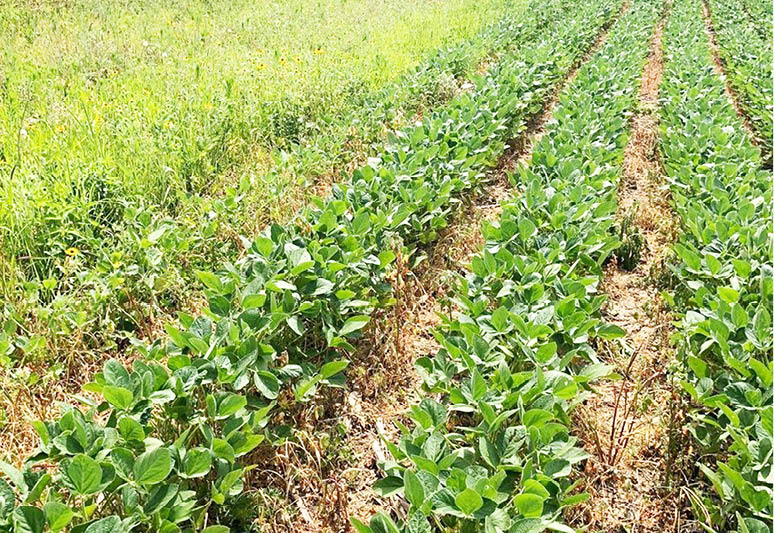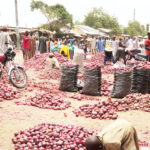An environmental expert, Mr Gafar Odubote, has called for proper soil evaluation to prevent incessant flooding on farmlands in the country.
Odubote, Network Coordinator, Let’s Do It World (LDIW), Africa Region, a non-governmental organisation, made the call in an interview with the News Agency of Nigeria (NAN) in Lagos.
Why Northern governors insist on implementation of National Livestock Transformation Plan
Rising fertiliser cost: Kano farmers turn to salt, potassium
He blamed improper drainage systems and lack of soil testing for frequent flooding of most farmlands in the country.
“Most soils in farmlands are not well tested before cultivation. The washing off of crops from farmlands can be linked to the mode of irrigation.
“Flooding of farmlands when it rains should not be blamed on climate change but on improper soil assessment before cultivation.
“It is very important that farmers embark on soil testing and evaluation before cultivation.
“This will enable them know how much capacity the soil has to hold water so as to know the kind of crop that can survive in such area,” he said.
According to the expert, in a flood-prone area, farmers need to cultivate resilient crop that will not wash away to reduce the risk of flooding.
Odubote also reiterated the need to create proper pathways for drainage on farmlands to prevent flooding reoccurrences.
“Unlike in the old days, most crop farmers do not carve good drainage systems for water to flow through their farms when it rains.
“It is not right to cultivate the soil without preparing a proper channel for drainage.
“Since most of our farms are located on lowlands, they are more susceptible to flooding.
“A small flood can easily wash away good crops when there are no pathways for water to flow through the farm,” he said.
The expert said that rainfall could not be stopped but that water channels and drainage systems should be well managed.
“Farmers should channel drainage on their farms in such a way that there will be an outlet for water to flow through like a pond that will still serve as reservoirs,” he added. (NAN)

 Join Daily Trust WhatsApp Community For Quick Access To News and Happenings Around You.
Join Daily Trust WhatsApp Community For Quick Access To News and Happenings Around You.

